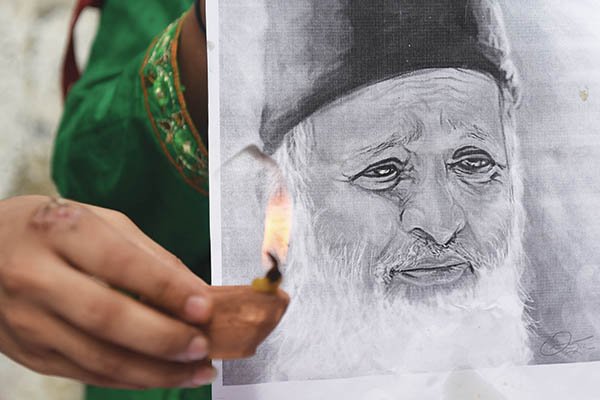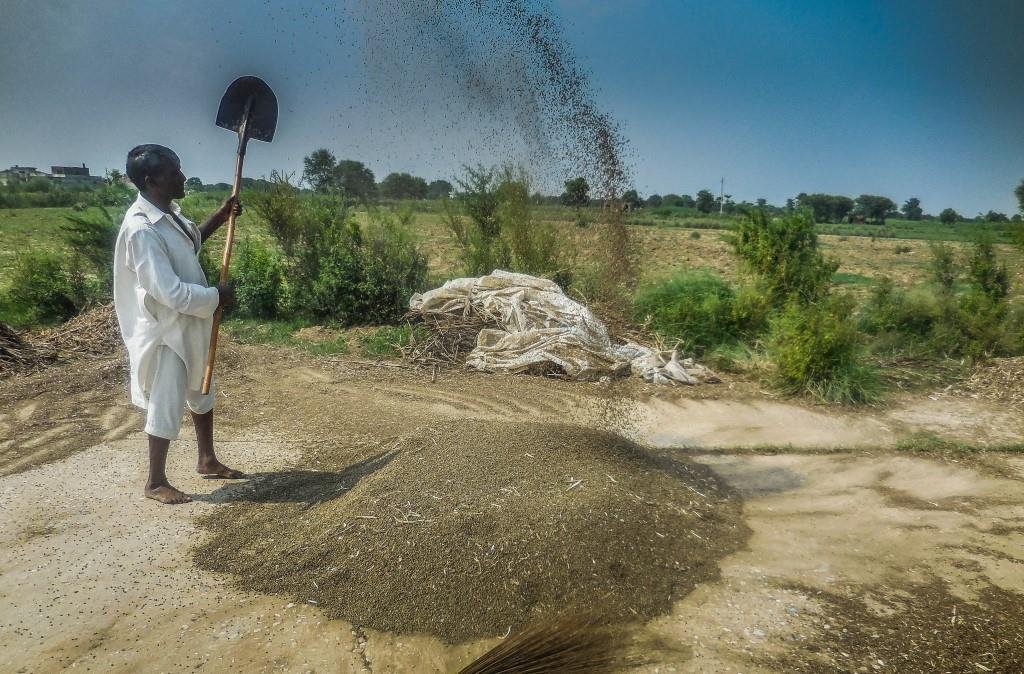By Shurooq khan
Though there is a general belief that minor things cannot cause a great change yet the coronavirus covid-19, despite of its microscopic size does its job. The virus being of a petty size and having spikes all around its surface, is twirling and swirling the whole earth on its feet like a ballet dancer.
The epicentre of the deadly virus was Wuhan, the commercial hub in central China, where it had caused its fatality killing hundreds of people before spreading to the rest of the world. The virus emerged in Wuhan on December 19, 2019 and was declared a pandemic by World Health Organization (WHO) on March 11. After China, WHO declared Europe as the new epicentre and the United States was termed as the country with the highest fatality rate by the Covid-19. With over 2.6 million people affected globally and more than 180,000 died, the virus is proving to be deadliest.
At the time when the majority of the developed countries are concerned about their economies and are in the race to develop a vaccine for the virus, the rest of the world faces much more than that. The developing countries having weaker economy are on the verge of collapse along with people turning redundant and finding no way to restrict the virus from its vast scale spread. Majority of the countries in Asia are developing making them most affected and vulnerable.
Pakistan is one of the developing Asian country with 216.5 million populations as of 2019 which is, no doubt, a massive convene of inhabitants to look after.
The government of Pakistan is facing several challenges and hurdles through this hazardous time. The first and foremost is restricting its people to their homes and observing social distancing as per the protocols suggested by WHO. Although the government had announced lockdown following the paths of other countries to control the coronavirus, yet our country, comprised of mostly middle and the lower class, would not be able to continue the lockdown for long.
The middle class can survive up to an extent but the lower middle and lower classes are in severe financial peril during the lockdown. The lower class is mostly dependent upon daily wage labours who fail to find a way to feed their families. The governmental and some non-governmental organizations have taken the initiative to help these people out. The government has initiated Ehsas emergency cash disbursement program which promises to render people with Rs12,000 to help them fulfil their basic needs.
In the battle against Covid-19, the doctors, paramedics and other medical staff act as frontline forces worthy to be saluted for their untiring efforts. Still there is a problem to facilitate the frontline forces with personal protective equipment (PPEs). A country like ours isn’t much developed in the health sector, having insufficient health facilities and hospitals, can worsen the situation. With at least three to four percent people belonging to healthcare department being affected from the Covid-19 pandemic in Pakistan daily, the situation is getting quite alarming. As many as 100 cases have so far reported from the health department, the government is yet faced with another troublesome situation.
As the lockdown was announced, all the public and private sector education institutions were closed. At first it seemed a temporary decision but slowly and gradually it is turning out to last longer. Students in other countries are being educated through online classes but this is quite inapplicable in Pakistan because all the students have no access to either internet or good quality connection. Along with this, all schools, colleges and universities do not have appropriate techniques to handle the classes. Only around 10-15 percent of the educational institutes are able to facilitate the students with online classes as well as conducting examination. The annual examination of secondary school certificate (SSC) and intermediate were already postponed which is a massive blow for the students preparing for the examinations. As the students confined to their homes, the whole academic infrastructure has been affected. Government has announced a 20 percent relief in the school fee and ensuring the provision of salary for the teachers in private sector which is a good move on their behalf. The government must ensure smooth provision of education to all without any obstacles.





